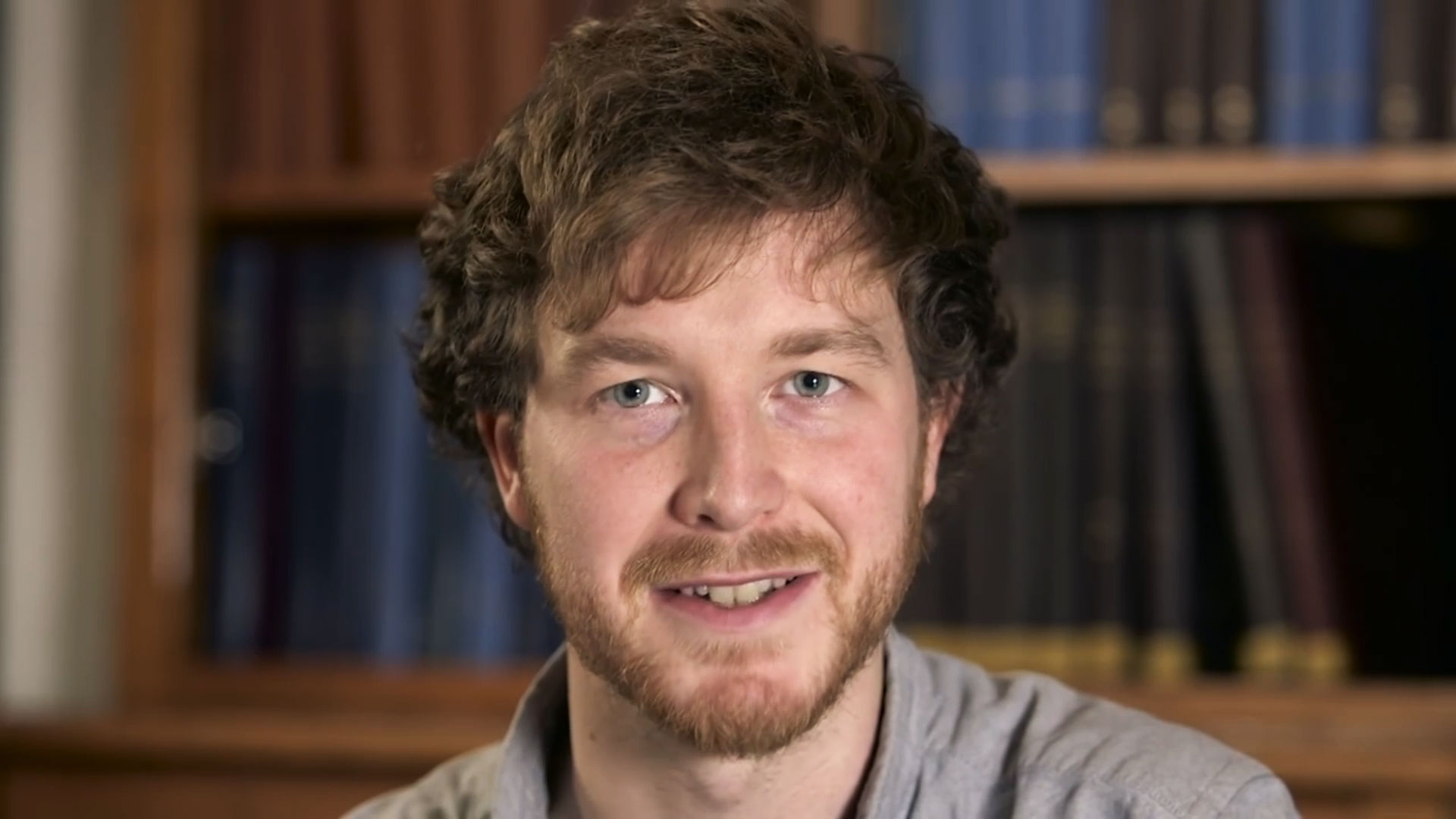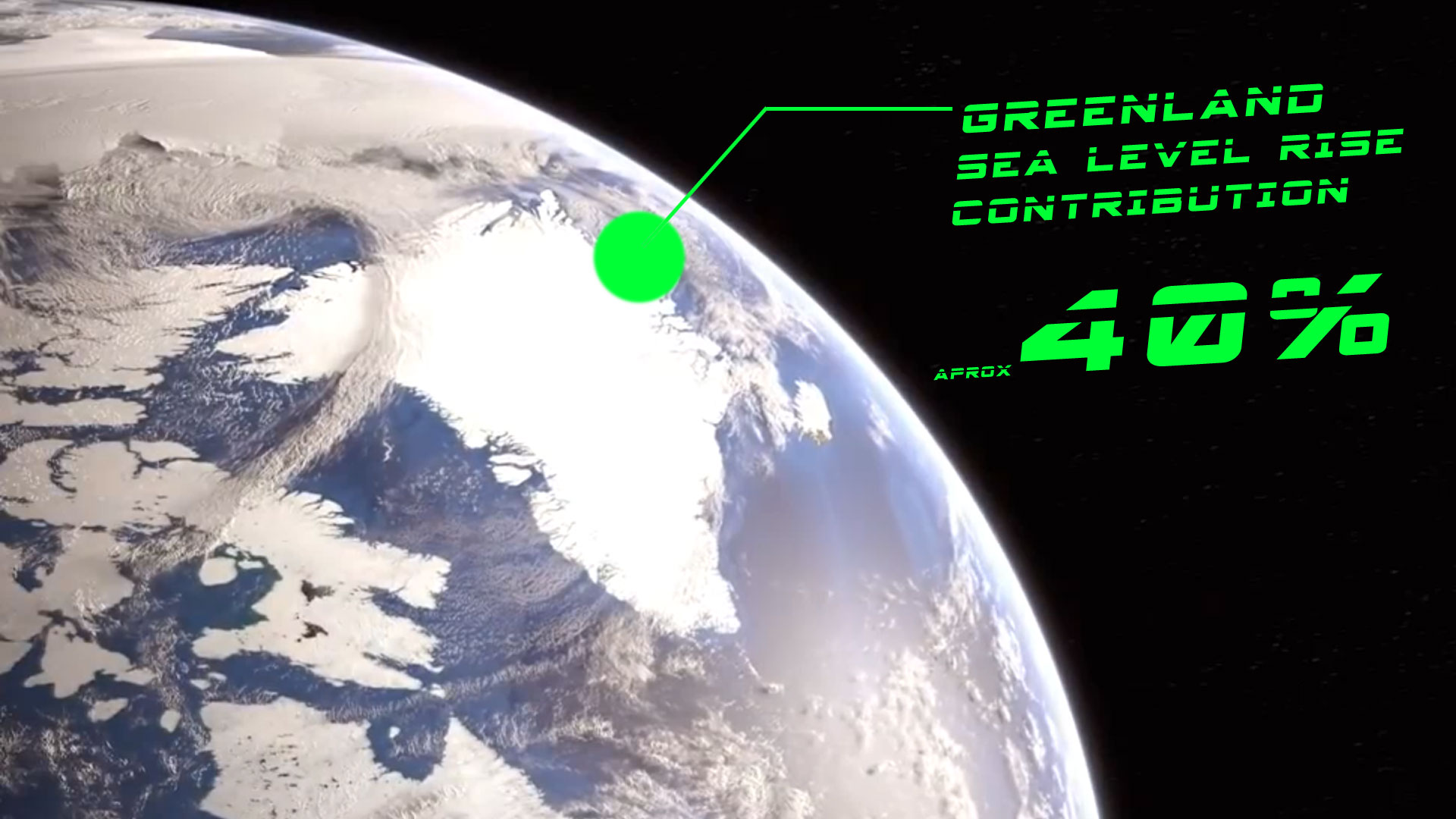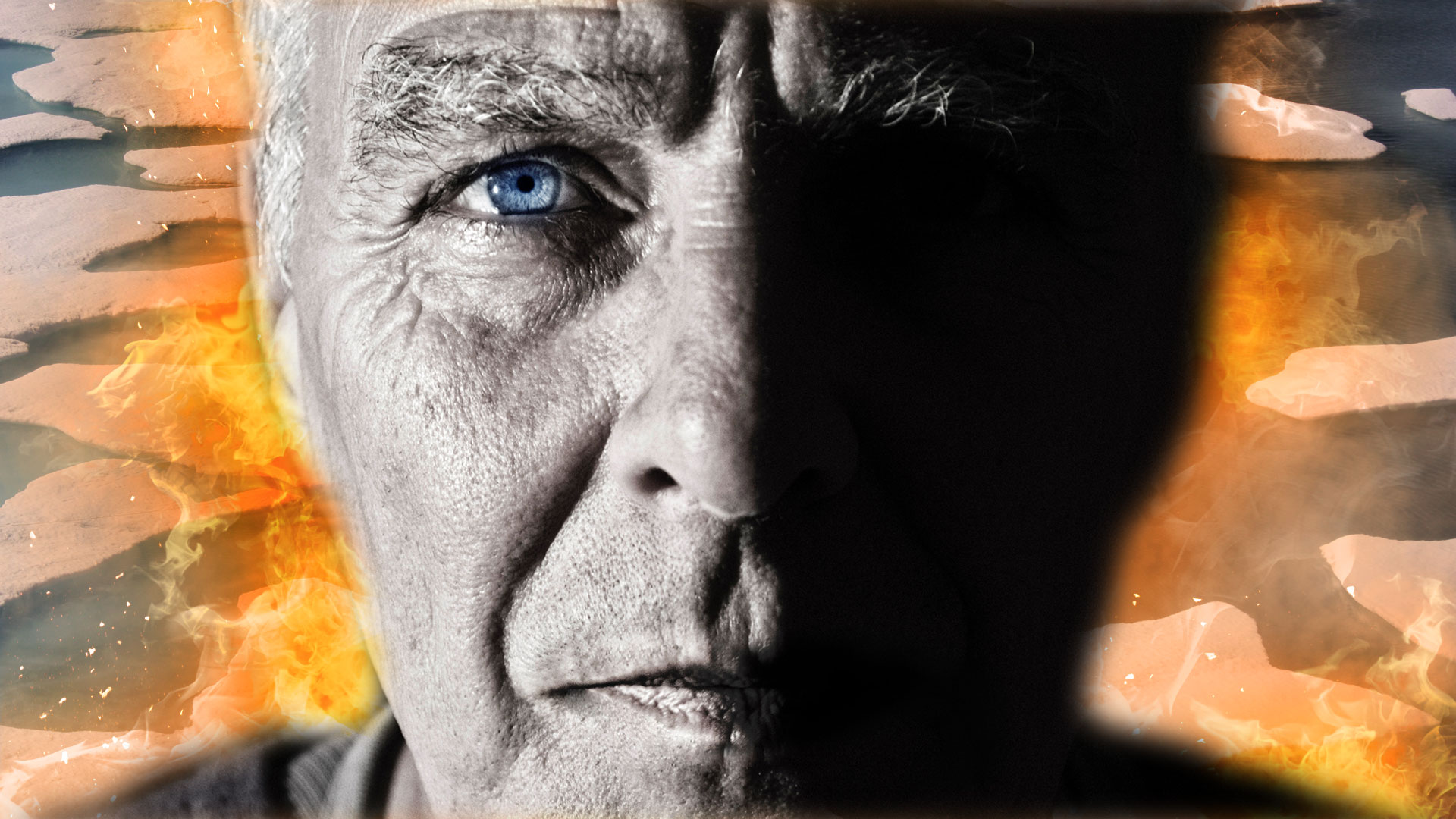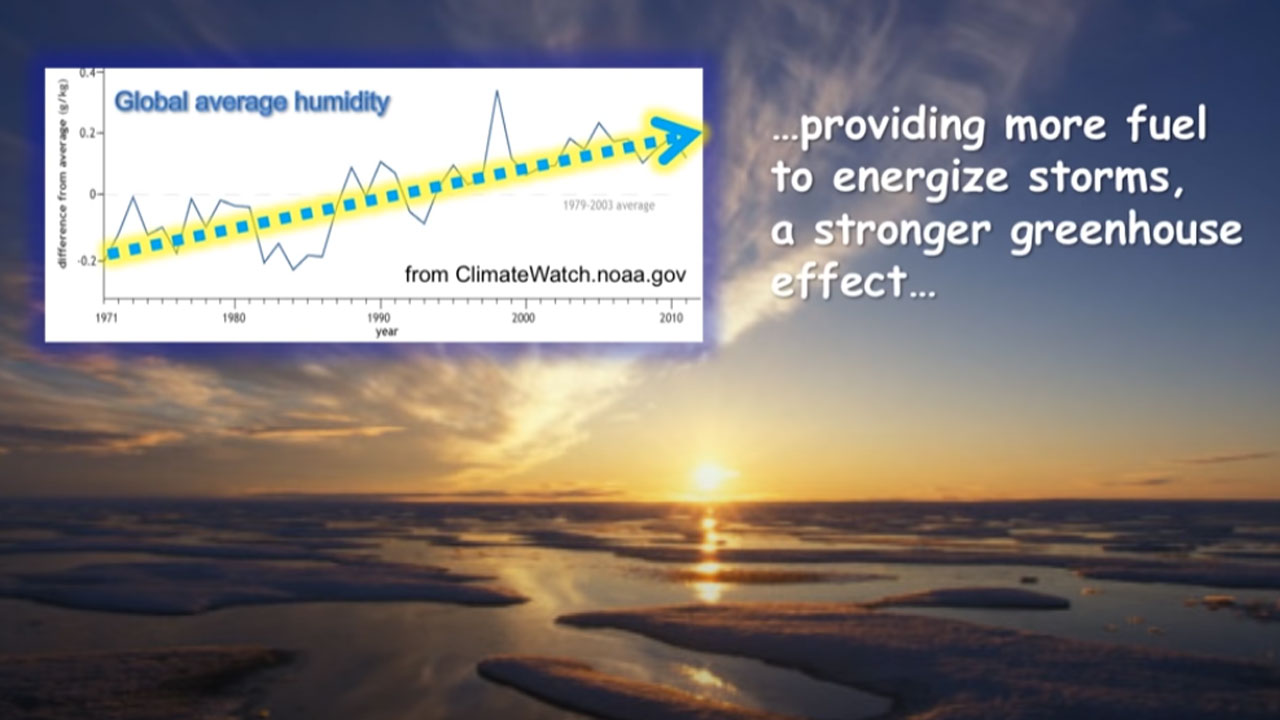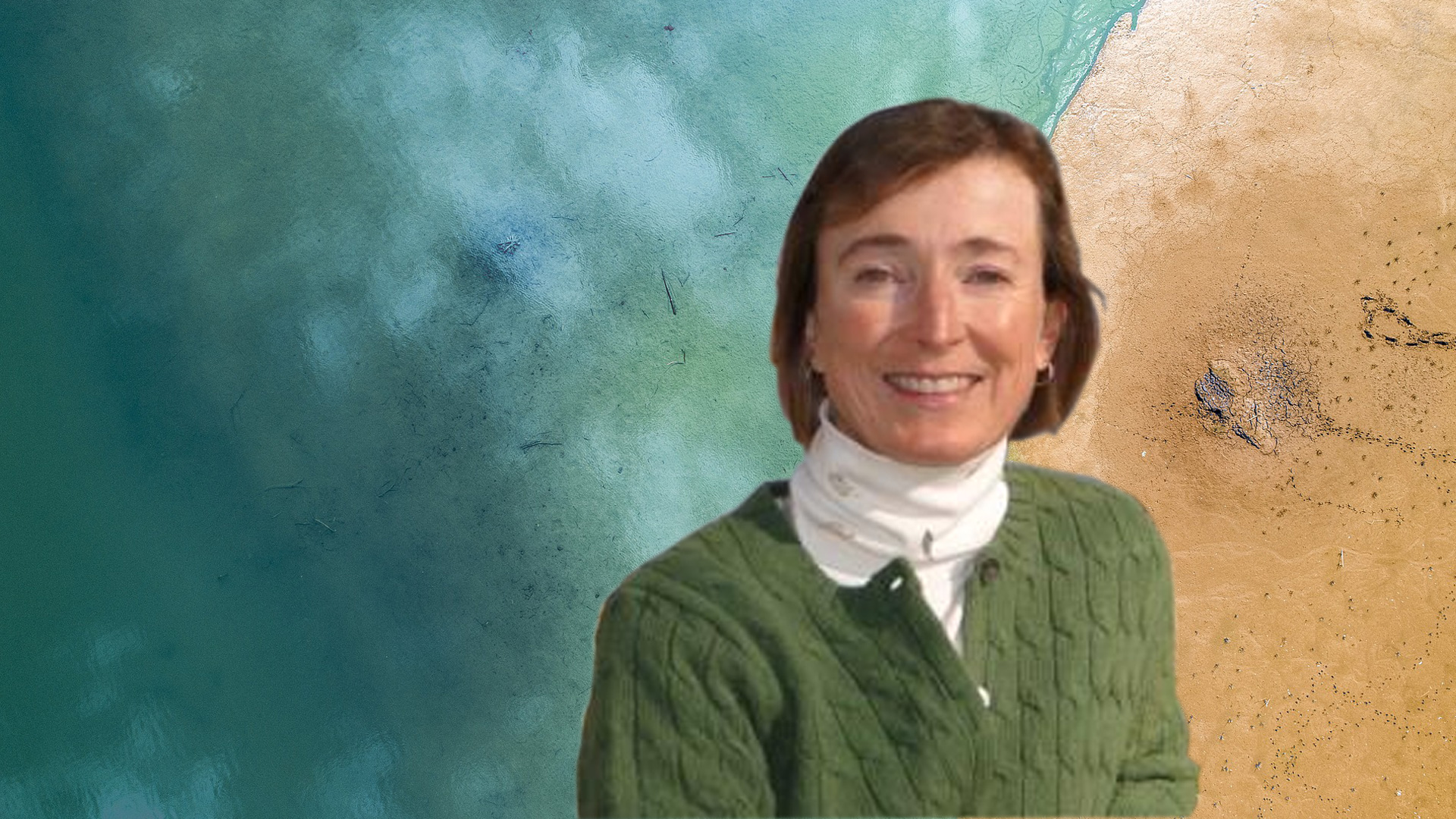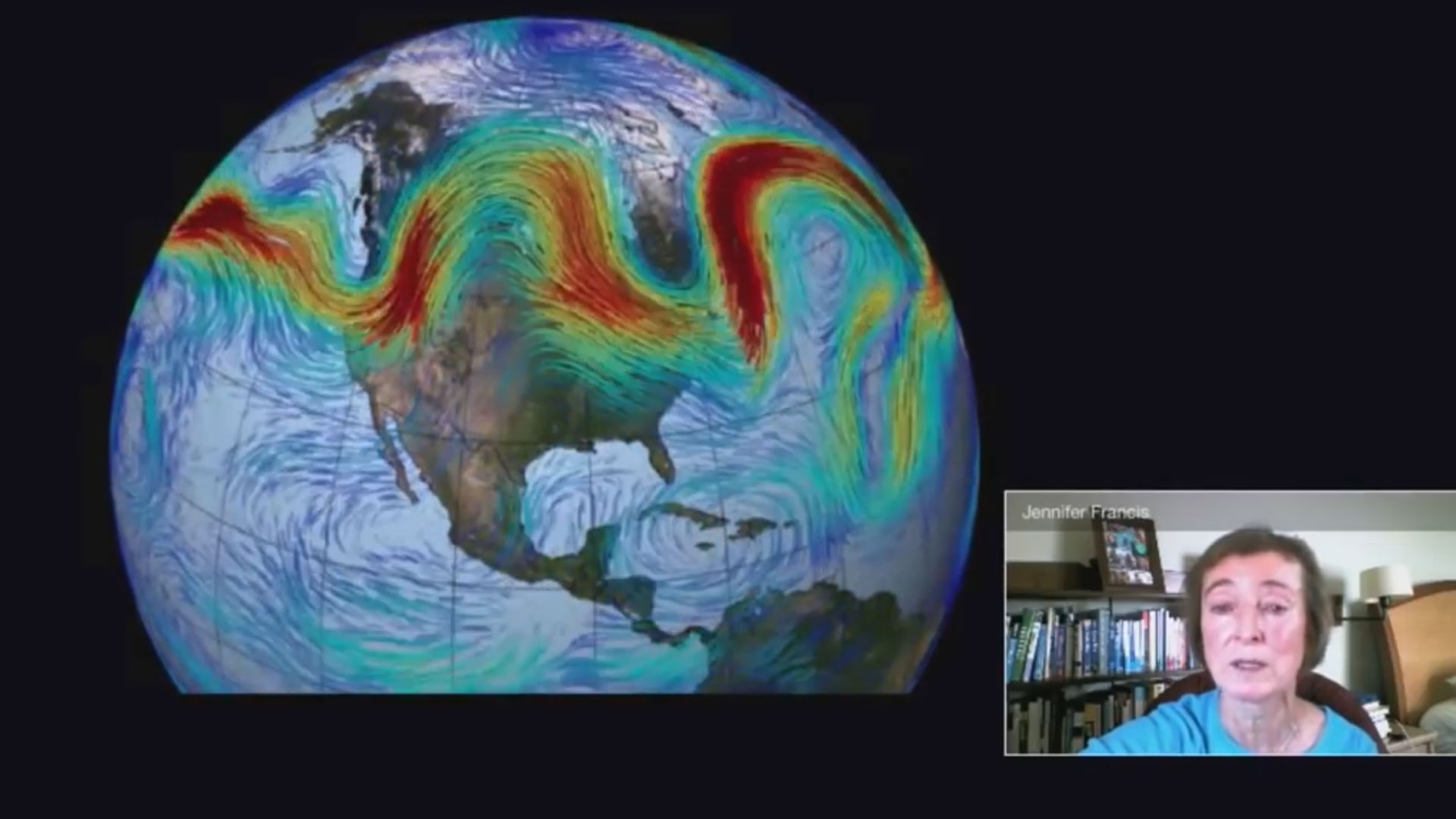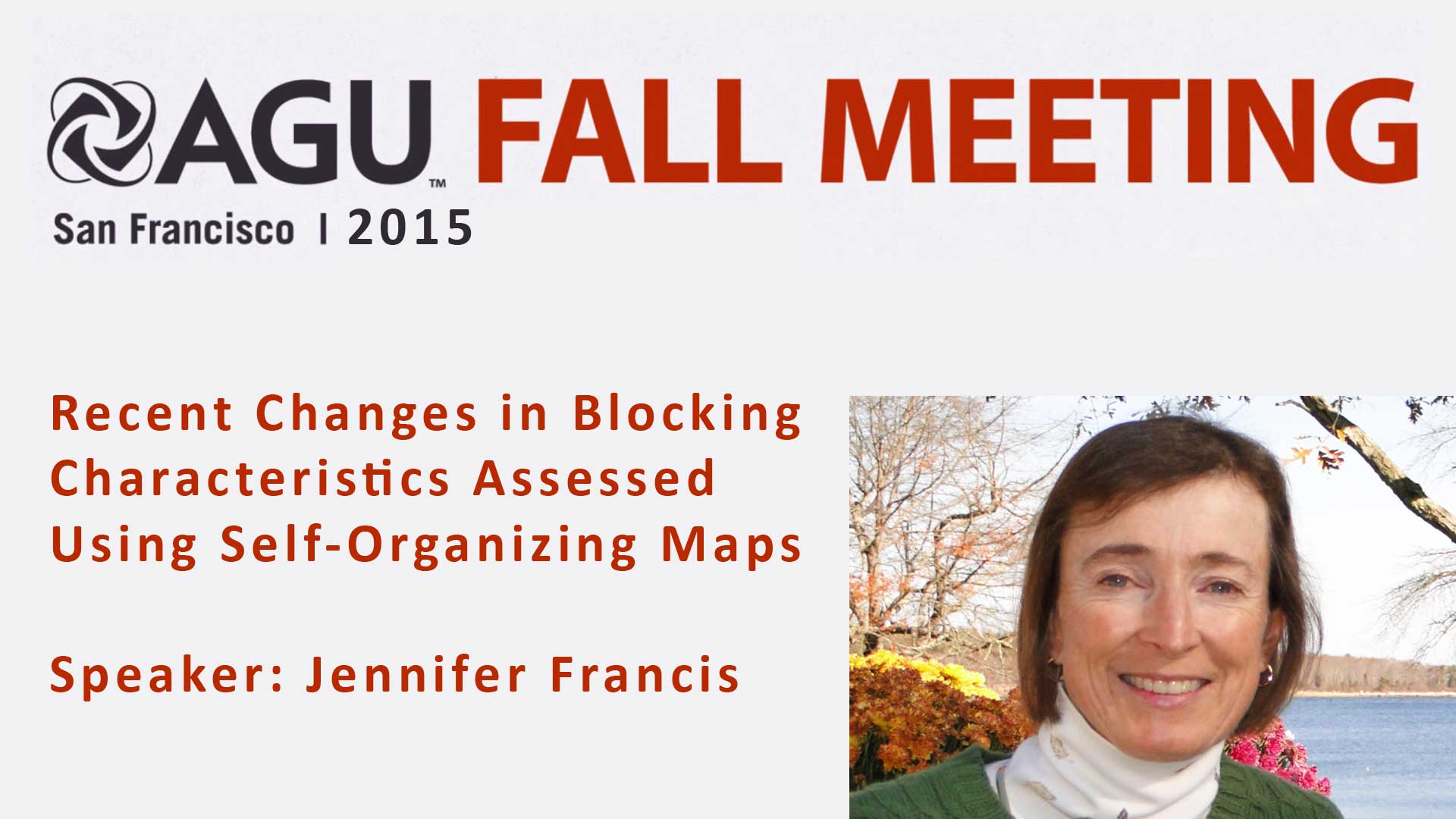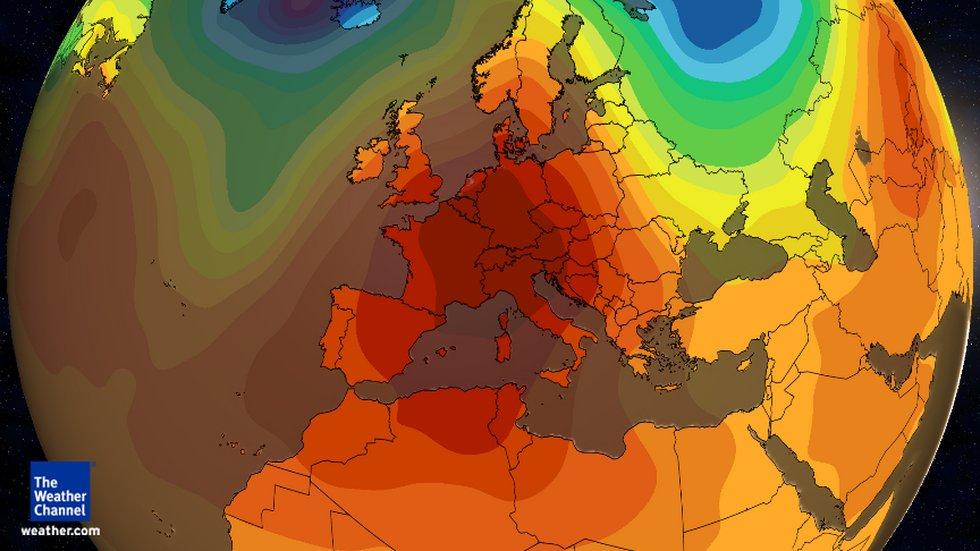This heatwave across much of the northern hemisphere could continue […]
Arctic sea ice decline has long been projected to occur. […]
Jennifer Francis, Ph.D., Research Professor I, Department of Marine and […]
Jennifer Francis from Rutgers University speaks about our atmosphere with […]
https://www.youtube.com/watch?v=XHaLXUz87kc While heat waves and more intense storms have been […]
https://youtu.be/11G2XyGm-DU Recent Changes in Blocking Characteristics Assessed Using Self-Organizing Maps […]
Here we look at the current weather configuration in the […]
